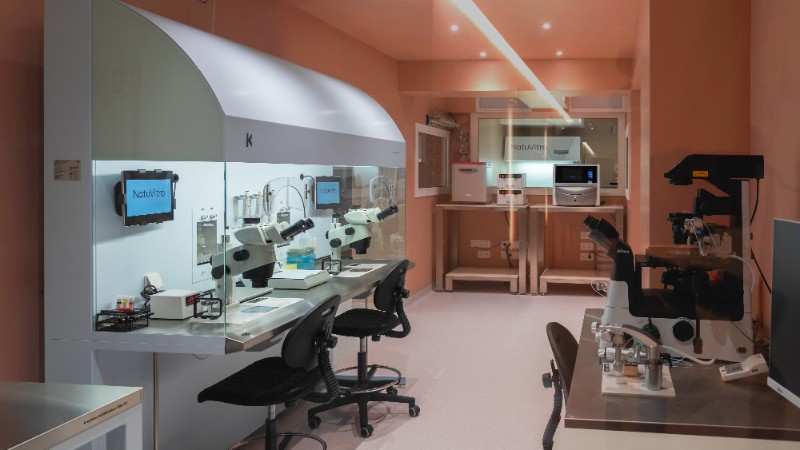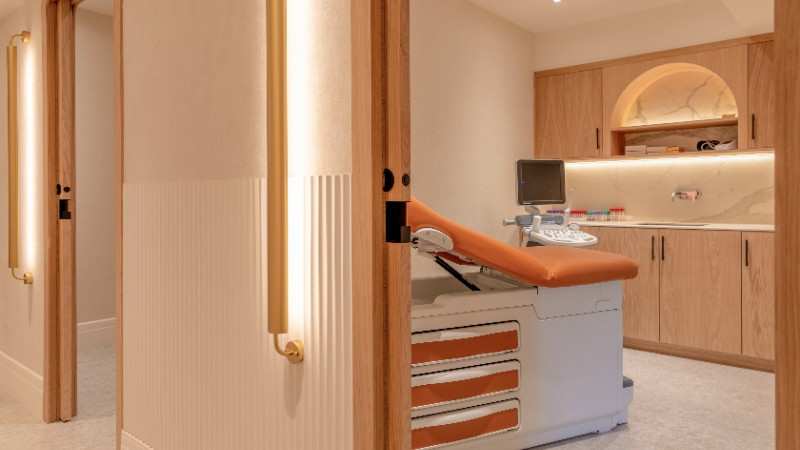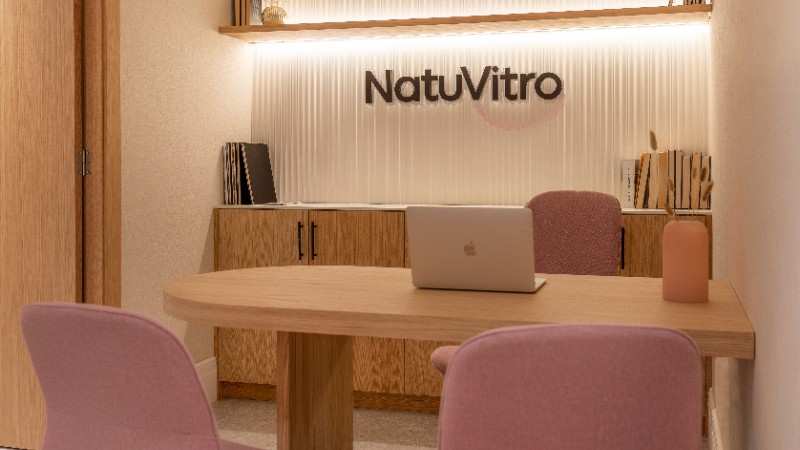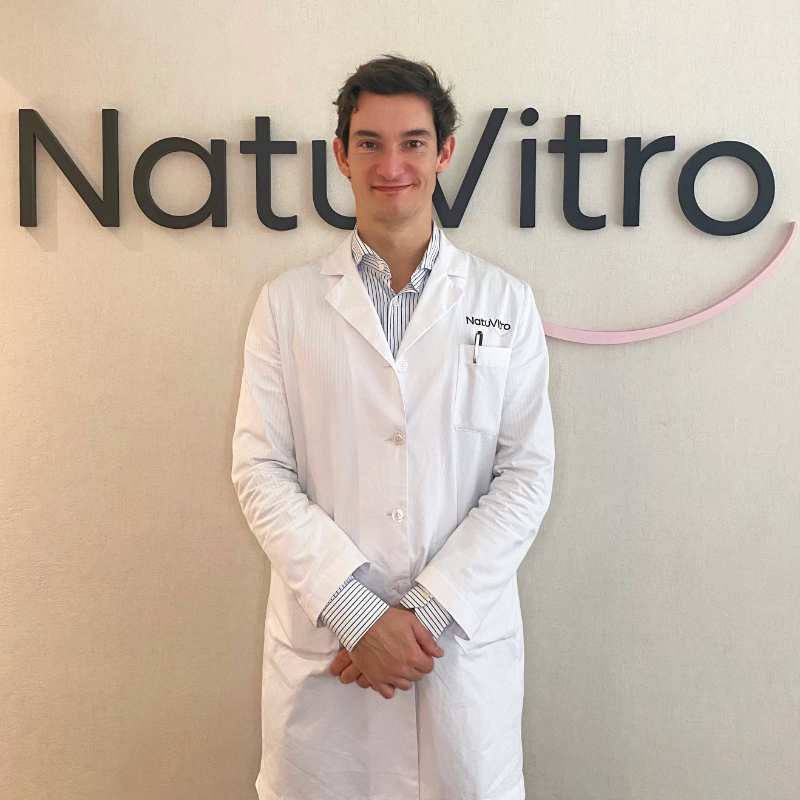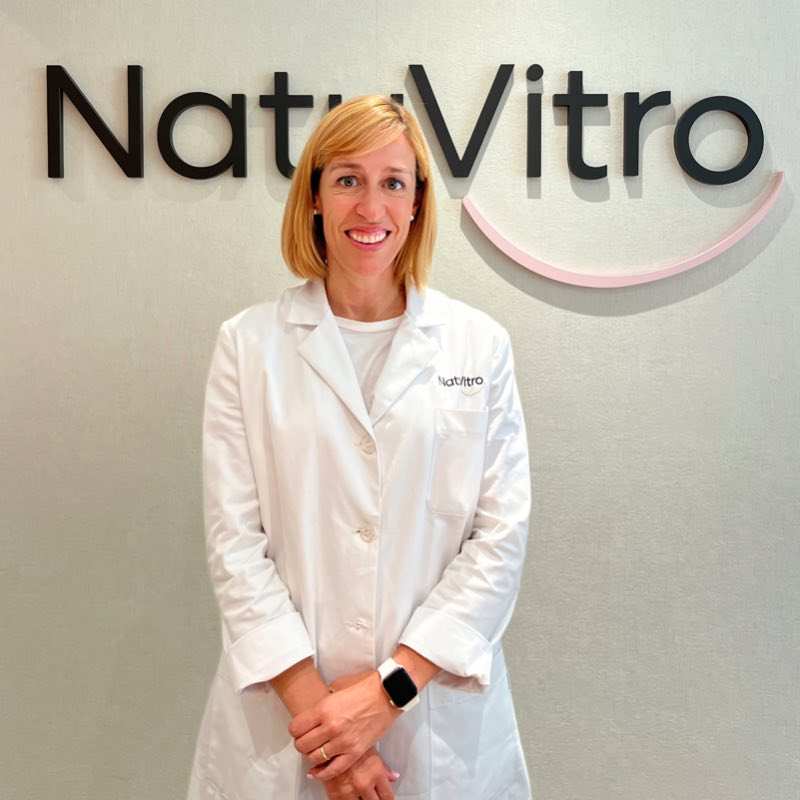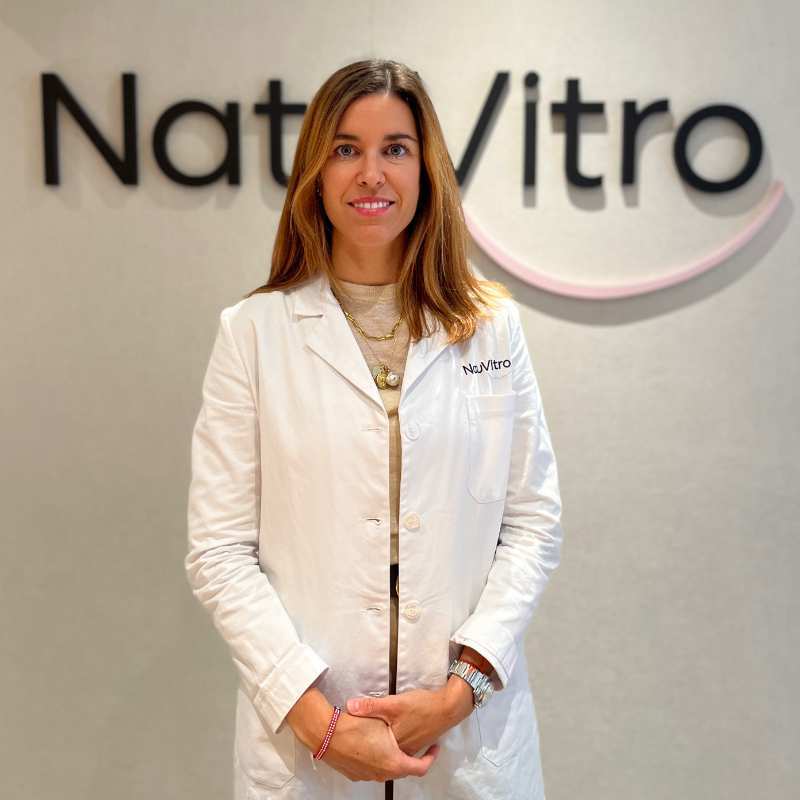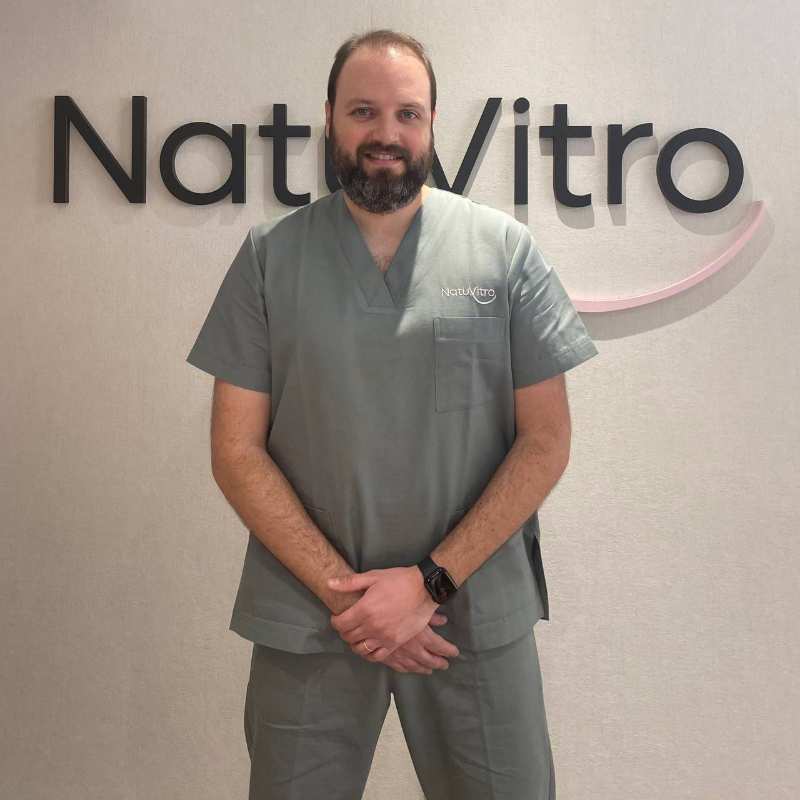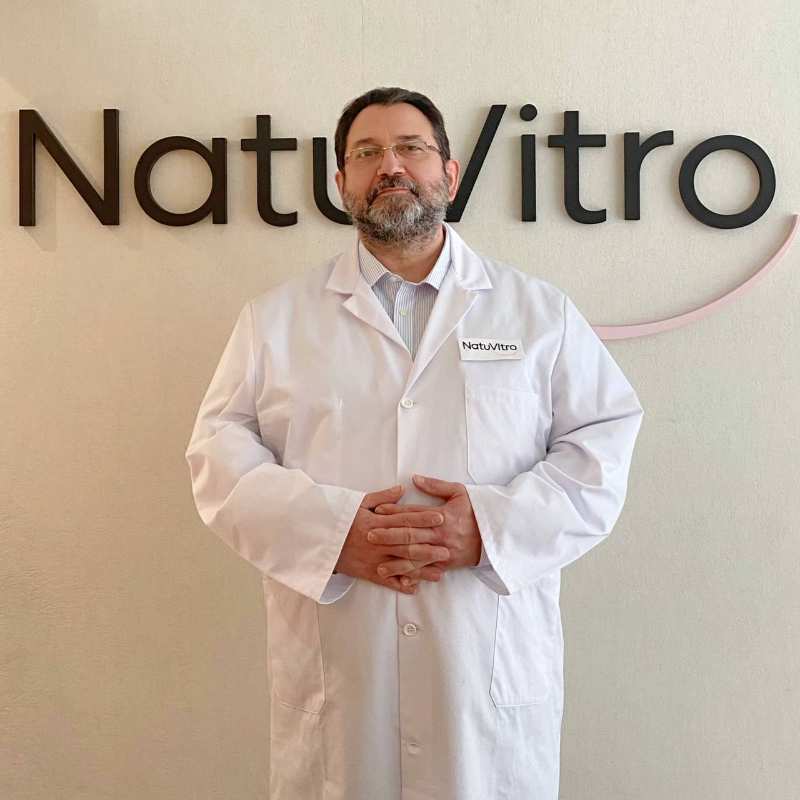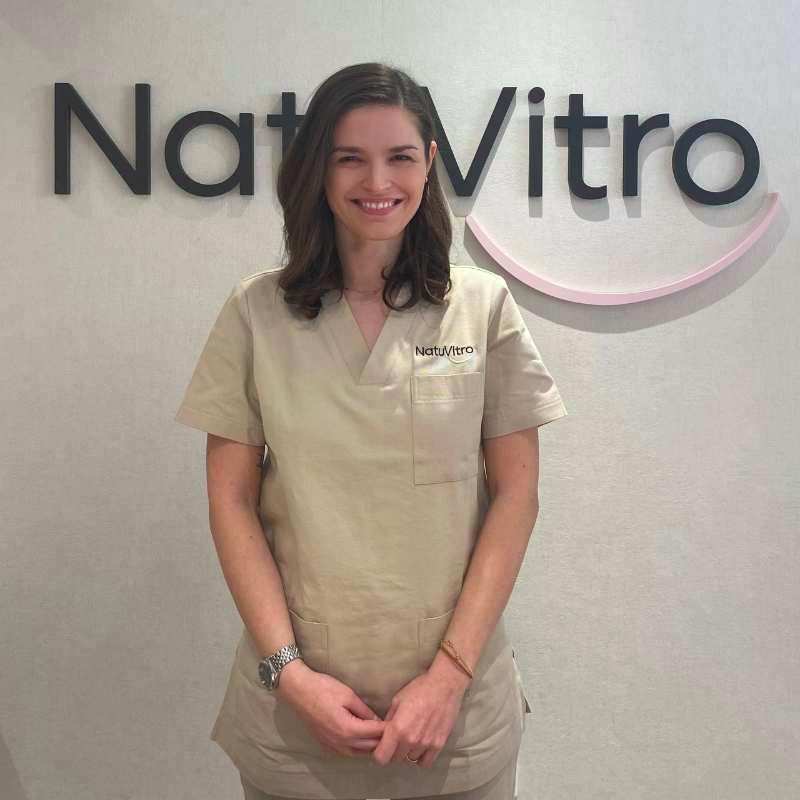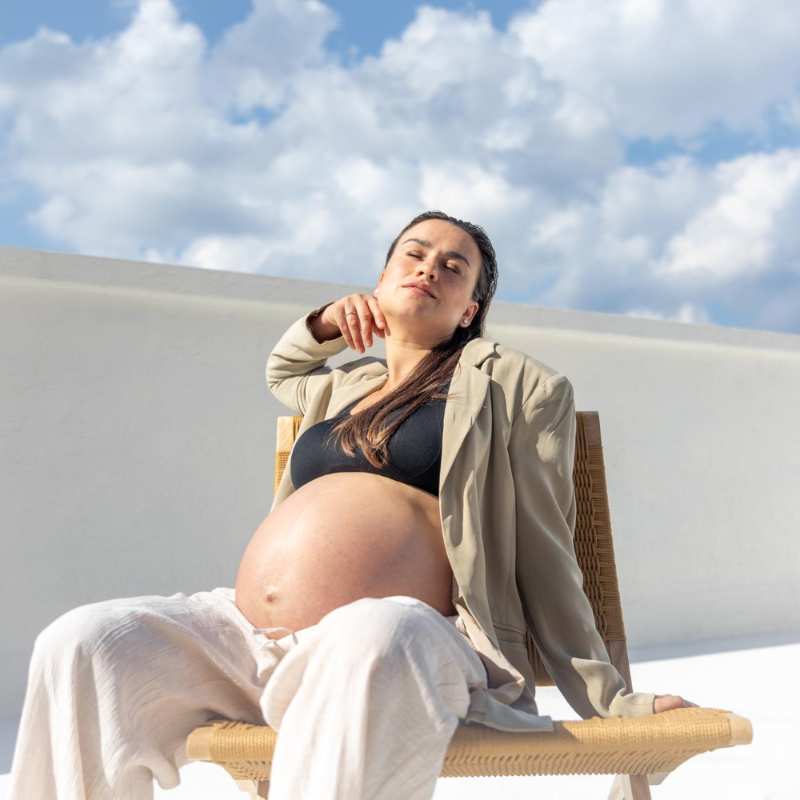
Pregnancy is a unique period during which a woman's body works twice as hard, to meet not only her own needs but also those of the newborn. Even sunlight, which is usually beneficial, can have positive or negative effects during this time. It is important to understand when the sun is an ally to the expectant mother and when it becomes a source of risk.
Why is the sun beneficial during pregnancy?
Under the effect of ultraviolet rays (UVB rays), the skin synthesizes vitamin D₃ (cholecalciferol). This vitamin plays a key role in the proper progress of pregnancy and fetal development. Vitamin D contributes to the formation of the child's skeletal system, supports the mother's immune system, reduces the risk of gestational diabetes and preeclampsia, and also has a positive effect on the development of the fetal nervous system and brain. Even short periods of sun exposure, about 15 to 20 minutes per day, can provide a baseline level of vitamin D, but it is important to be cautious and avoid any excessive exposure.
When can the sun be harmful
Despite its benefits, sunlight can destroy folates (vitamin B9), which are essential for proper fetal development. Folates protect the baby against neural tube defects, participate in DNA synthesis and cell division, and contribute to the normal formation of the placenta. A deficiency in folates is particularly dangerous during the first trimester, which is why excessive sun exposure without protection during this period can pose a serious risk.
Genetics and skin type
The body of a woman reacts differently to sunlight depending on her skin type and hereditary characteristics. Women with light skin (phototype I-II) are more vulnerable because their skin is less well protected against UV rays. The MTHFR C677T genetic mutation, which prevents the conversion of folic acid into its active form (5-MTHF), is an additional risk factor. In this combination, sun exposure can deplete folate reserves particularly quickly. According to a study published in Nature Communications (2023), the combination of low folate levels and high sun exposure at the beginning of pregnancy increases the risk of birth defects.
Other risks associated with excessive sun exposure
Excessive sun exposure during pregnancy can lead to increased oxidative stress, damage to placental and blood vessel cells, a decrease in vitamin B2 levels necessary for energy metabolism, as well as the appearance of pigmentation (melasma) on the face, which often occurs in the context of hormonal changes.
Antioxidant protection and diet
Foods with antioxidant properties help reduce the impact of ultraviolet rays. Vitamin C strengthens tissues and stimulates collagen synthesis, vitamin E protects cell membranes, selenium and zinc support enzymatic activity that neutralizes free radicals. Folates in the form of 5-MTHF are particularly important in cases of genetic particularities, while vitamin B2 helps reduce oxidative impact and supports metabolism. A pregnant woman's diet should include green vegetables, berries, nuts, eggs, and whole grain products. If necessary, dietary supplements are prescribed on a doctor's recommendation.
How to protect yourself from the sun safely
During pregnancy, the skin becomes particularly sensitive, so it is essential to use sunscreen products. It is preferable to choose creams with a sun protection factor (SPF) of at least 30, ideally 50+, with mineral filters (zinc oxide, titanium dioxide) that protect against UVA and UVB. It is advisable to avoid chemical filters such as oxybenzone and octocrylene. The cream should be applied regularly and renewed every two hours, as well as after swimming or heavy sweating. Light, covered clothing, wide-brimmed hats, and sunglasses play an important role in providing additional protection.
Hydration balance
Heat increases fluid loss, and dehydration in pregnant women can cause headaches, weakness, disruption of blood circulation in the placenta, and even lead to preterm labor. To prevent this, it is recommended to drink at least 2.3 to 2.5 liters of fluid per day, monitor urine color (it should be clear), and include not only water but also unsweetened compotes, rosehip infusions, and light herbal teas in your diet, in consultation with your doctor.
Practical recommendations
It is preferable to be exposed to the sun for short periods before 11 a.m. and after 4 p.m., when the rays are less aggressive. Use a cream with a sun protection factor (SPF) of 50+, favoring mineral filters, and remember to renew the protection. It is important to support the body with vitamins and antioxidants, as well as ensuring sufficient fluid intake and a balanced diet.
The sun during natural pregnancy and IVF
Sunlight influences both natural conception and women undergoing an IVF program. In the case of natural pregnancy, moderate doses of sun are beneficial for vitamin D synthesis and strengthening the fetal skeletal system, but caution is advised: during the first trimester, excessive sun exposure increases the risk of folate loss.
It is important for women undergoing in vitro fertilization to avoid dehydration and excessive sun exposure. After embryo transfer, especially, caution should be exercised. In programs of IVF with egg donation, maintaining stable vitamin levels is essential, as UV rays can destroy folates, negatively affecting embryo development. In the case of double donation IVF, women are under particular medical supervision, and it is especially important for them to limit sun exposure, especially in the days immediately following transfer.
The general rules remain unchanged: brief sun exposure, use of mineral-filter sunscreens, a balanced diet, and adequate hydration.
Balancing benefits and safety
The sun is a natural source of vitamin D, energy, and warmth. But excess exposure can destroy folates, increase oxidative stress, and raise risks for the fetus. The best approach is to experience moderate sun exposure, regularly use protective products, and pay attention to diet and hydration. Balancing benefits and safety allows the expectant mother and her child to enjoy the maximum benefits of the sun without compromising their health.
Our experts are ready to examine your case history, clarify your choices, and address every question you have.
Don't wait to make informed decisions – your personalized guidance awaits!
- Spain (España)+34
- France (La France)+33
- Italy (Italia)+39
- United Kingdom+44
- United States+1
- Belgium (België)+32
- Switzerland (Schweiz/Suisse)+41
- Germany (Deutschland)+49
- Netherlands (Nederland)+31
- Afghanistan (افغانستان)+93
- Albania (Shqipëri)+355
- Algeria (الجزائر)+213
- American Samoa+1
- Andorra+376
- Angola+244
- Anguilla+1
- Antigua and Barbuda+1
- Argentina+54
- Armenia (Հայաստան)+374
- Aruba+297
- Ascension Island+247
- Australia+61
- Austria (Österreich)+43
- Azerbaijan (Azərbaycan)+994
- Bahamas+1
- Bahrain (البحرين)+973
- Bangladesh (বাংলাদেশ)+880
- Barbados+1
- Belarus (Беларусь)+375
- Belize+501
- Benin (Bénin)+229
- Bermuda+1
- Bhutan (འབྲུག)+975
- Bolivia+591
- Bosnia and Herzegovina (Босна и Херцеговина)+387
- Botswana+267
- Brazil (Brasil)+55
- British Indian Ocean Territory+246
- British Virgin Islands+1
- Brunei+673
- Bulgaria (България)+359
- Burkina Faso+226
- Burundi (Uburundi)+257
- Cambodia (កម្ពុជា)+855
- Cameroon (Cameroun)+237
- Canada+1
- Cape Verde (Kabu Verdi)+238
- Caribbean Netherlands+599
- Cayman Islands+1
- Central African Republic (République centrafricaine)+236
- Chad (Tchad)+235
- Chile+56
- China (中国)+86
- Christmas Island+61
- Cocos (Keeling) Islands+61
- Colombia+57
- Comoros (جزر القمر)+269
- Congo (DRC) (Jamhuri ya Kidemokrasia ya Kongo)+243
- Congo (Republic) (Congo-Brazzaville)+242
- Cook Islands+682
- Costa Rica+506
- Côte d’Ivoire+225
- Croatia (Hrvatska)+385
- Cuba+53
- Curaçao+599
- Cyprus (Κύπρος)+357
- Czech Republic (Česká republika)+420
- Denmark (Danmark)+45
- Djibouti+253
- Dominica+1
- Dominican Republic (República Dominicana)+1
- Ecuador+593
- Egypt (مصر)+20
- El Salvador+503
- Equatorial Guinea (Guinea Ecuatorial)+240
- Eritrea+291
- Estonia (Eesti)+372
- Eswatini+268
- Ethiopia+251
- Falkland Islands (Islas Malvinas)+500
- Faroe Islands (Føroyar)+298
- Fiji+679
- Finland (Suomi)+358
- French Guiana (Guyane française)+594
- French Polynesia (Polynésie française)+689
- Gabon+241
- Gambia+220
- Georgia (საქართველო)+995
- Ghana (Gaana)+233
- Gibraltar+350
- Greece (Ελλάδα)+30
- Greenland (Kalaallit Nunaat)+299
- Grenada+1
- Guadeloupe+590
- Guam+1
- Guatemala+502
- Guernsey+44
- Guinea (Guinée)+224
- Guinea-Bissau (Guiné Bissau)+245
- Guyana+592
- Haiti+509
- Honduras+504
- Hong Kong (香港)+852
- Hungary (Magyarország)+36
- Iceland (Ísland)+354
- India (भारत)+91
- Indonesia+62
- Iran (ایران)+98
- Iraq (العراق)+964
- Ireland+353
- Isle of Man+44
- Israel (ישראל)+972
- Italy (Italia)+39
- Jamaica+1
- Japan (日本)+81
- Jersey+44
- Jordan (الأردن)+962
- Kazakhstan (Казахстан)+7
- Kenya+254
- Kiribati+686
- Kosovo+383
- Kuwait (الكويت)+965
- Kyrgyzstan (Кыргызстан)+996
- Laos (ລາວ)+856
- Latvia (Latvija)+371
- Lebanon (لبنان)+961
- Lesotho+266
- Liberia+231
- Libya (ليبيا)+218
- Liechtenstein+423
- Lithuania (Lietuva)+370
- Luxembourg+352
- Macau (澳門)+853
- North Macedonia (Македонија)+389
- Madagascar (Madagasikara)+261
- Malawi+265
- Malaysia+60
- Maldives+960
- Mali+223
- Malta+356
- Marshall Islands+692
- Martinique+596
- Mauritania (موريتانيا)+222
- Mauritius (Moris)+230
- Mayotte+262
- Mexico (México)+52
- Micronesia+691
- Moldova (Republica Moldova)+373
- Monaco+377
- Mongolia (Монгол)+976
- Montenegro (Crna Gora)+382
- Montserrat+1
- Morocco (المغرب)+212
- Mozambique (Moçambique)+258
- Myanmar (Burma) (မြန်မာ)+95
- Namibia (Namibië)+264
- Nauru+674
- Nepal (नेपाल)+977
- New Caledonia (Nouvelle-Calédonie)+687
- New Zealand+64
- Nicaragua+505
- Niger (Nijar)+227
- Nigeria+234
- Niue+683
- Norfolk Island+672
- North Korea (조선 민주주의 인민 공화국)+850
- Northern Mariana Islands+1
- Norway (Norge)+47
- Oman (عُمان)+968
- Pakistan (پاکستان)+92
- Palau+680
- Palestine (فلسطين)+970
- Panama (Panamá)+507
- Papua New Guinea+675
- Paraguay+595
- Peru (Perú)+51
- Philippines+63
- Poland (Polska)+48
- Portugal+351
- Puerto Rico+1
- Qatar (قطر)+974
- Réunion (La Réunion)+262
- Romania (România)+40
- Russia (Россия)+7
- Rwanda+250
- Saint Barthélemy+590
- Saint Helena+290
- Saint Kitts and Nevis+1
- Saint Lucia+1
- Saint Martin (Saint-Martin (partie française))+590
- Saint Pierre and Miquelon (Saint-Pierre-et-Miquelon)+508
- Saint Vincent and the Grenadines+1
- Samoa+685
- San Marino+378
- São Tomé and Príncipe (São Tomé e Príncipe)+239
- Saudi Arabia (المملكة العربية السعودية)+966
- Senegal (Sénégal)+221
- Serbia (Србија)+381
- Seychelles+248
- Sierra Leone+232
- Singapore+65
- Sint Maarten+1
- Slovakia (Slovensko)+421
- Slovenia (Slovenija)+386
- Solomon Islands+677
- Somalia (Soomaaliya)+252
- South Africa+27
- South Korea (대한민국)+82
- South Sudan (جنوب السودان)+211
- Spain (España)+34
- Sri Lanka (ශ්රී ලංකාව)+94
- Sudan (السودان)+249
- Suriname+597
- Svalbard and Jan Mayen+47
- Sweden (Sverige)+46
- Syria (سوريا)+963
- Taiwan (台灣)+886
- Tajikistan+992
- Tanzania+255
- Thailand (ไทย)+66
- Timor-Leste+670
- Togo+228
- Tokelau+690
- Tonga+676
- Trinidad and Tobago+1
- Tunisia (تونس)+216
- Turkey (Türkiye)+90
- Turkmenistan+993
- Turks and Caicos Islands+1
- Tuvalu+688
- U.S. Virgin Islands+1
- Uganda+256
- Ukraine (Україна)+380
- United Arab Emirates (الإمارات العربية المتحدة)+971
- Uruguay+598
- Uzbekistan (Oʻzbekiston)+998
- Vanuatu+678
- Vatican City (Città del Vaticano)+39
- Venezuela+58
- Vietnam (Việt Nam)+84
- Wallis and Futuna (Wallis-et-Futuna)+681
- Western Sahara (الصحراء الغربية)+212
- Yemen (اليمن)+967
- Zambia+260
- Zimbabwe+263
- Åland Islands+358
Visit our clinic
Location
Call us now
Leave a message

